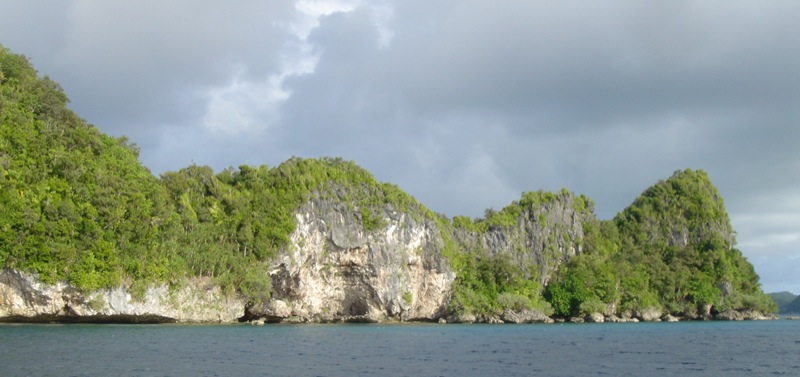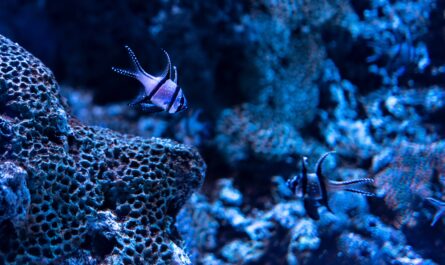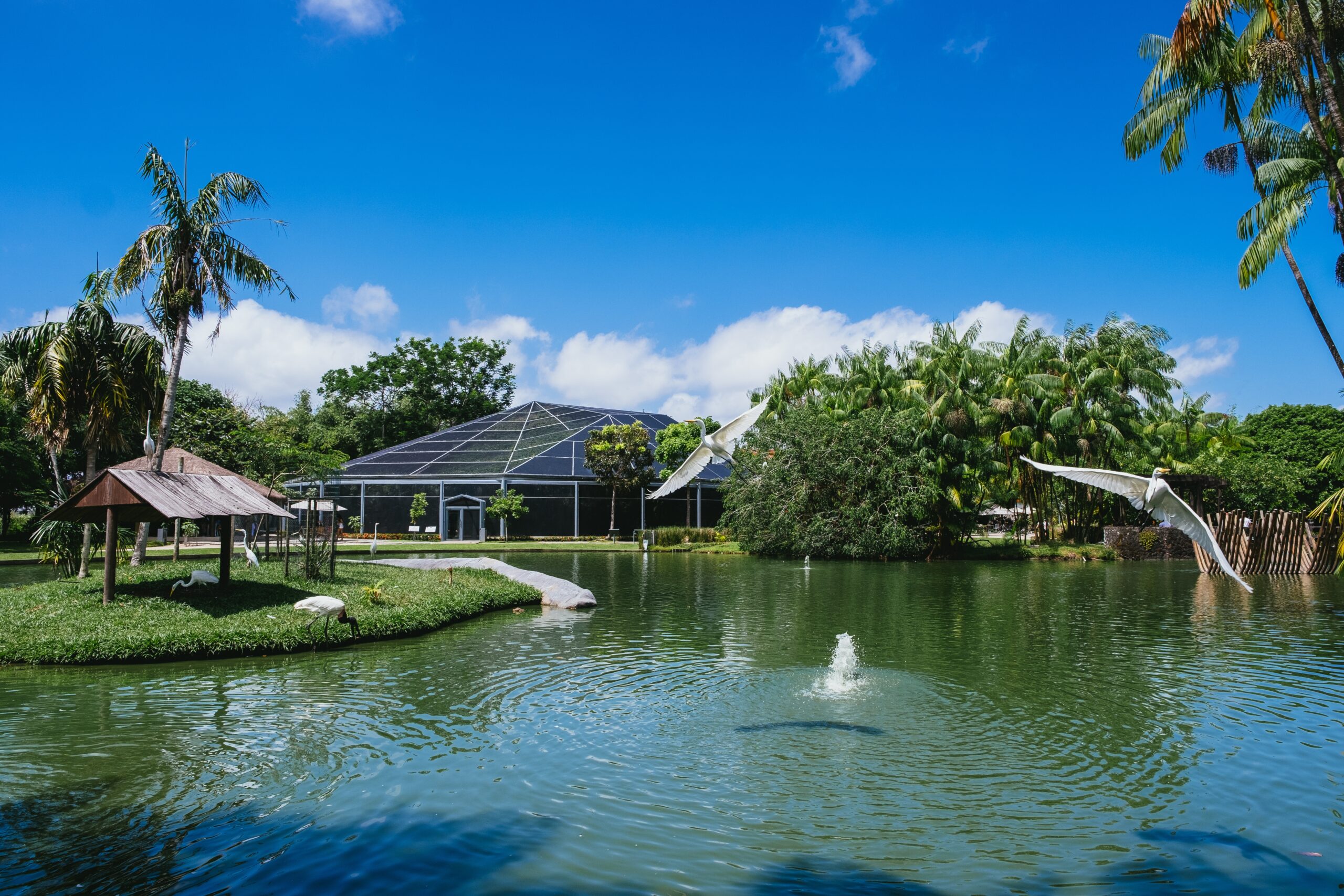Nestled in the Rock Islands of Palau, Jellyfish Lake is one of the most extraordinary natural wonders of the Pacific Ocean. Known locally as Ongeim’l Tketau, this marine lake is home to millions of golden jellyfish that have adapted to a unique environment, creating a mesmerizing spectacle for visitors. This fascinating ecosystem, a mix of scientific intrigue and ethereal beauty, is one of Palau’s most iconic attractions and a must-see for nature enthusiasts.
In this article, we’ll explore the history, ecology, and cultural significance of Jellyfish Lake, as well as practical tips for visiting this awe-inspiring destination while promoting its conservation.
1. The Formation and History of Jellyfish Lake
Jellyfish Lake is one of approximately 70 marine lakes found within Palau’s limestone Rock Islands. These lakes are remnants of ancient seawater pools that became isolated from the surrounding ocean approximately 12,000 years ago during the last ice age.
Geological Formation
The lake was formed when rising sea levels flooded the islands’ limestone caves, creating a connection to the ocean. Over time, the connection became restricted, transforming the lake into a partially isolated marine ecosystem. The golden jellyfish species in Jellyfish Lake are thought to have evolved from their oceanic ancestors, adapting to the unique conditions of the lake.
Cultural and Historical Significance
For the people of Palau, the lake has long held cultural importance. Historically, the lake and its surrounding islands were considered sacred, and today, it continues to be revered as a symbol of Palau’s natural beauty and environmental diversity.
2. The Unique Ecosystem of Jellyfish Lake
Jellyfish Lake is unlike any other marine environment on Earth. Its unique ecology has been shaped by its isolation, resulting in an ecosystem that supports a distinctive array of marine life.
Golden Jellyfish
The lake’s golden jellyfish (Mastigias papua etpisoni) are the stars of the show. Unlike their oceanic relatives, these jellyfish have lost their ability to sting, as they face no predators within the lake. They survive through a symbiotic relationship with algae that live within their bodies, photosynthesizing to provide nutrients for the jellyfish.
- Daily Migration: The golden jellyfish perform a daily migration across the lake, following the sun to maximize the photosynthetic activity of the algae. This behavior creates an enchanting visual effect, with thousands of jellyfish gliding in unison.
Other Marine Life
While the golden jellyfish dominate the ecosystem, the lake also supports other species, including moon jellyfish, plankton, and specialized microorganisms. At the bottom of the lake lies a layer of anoxic water rich in sulfur, which is toxic to most life forms and creates a natural boundary for the ecosystem.
Ecological Balance
The lake’s delicate ecological balance depends on its isolation and the absence of significant human interference. Its status as a UNESCO World Heritage Site underscores its global significance and the need for its protection.
3. The Science Behind the Lake
Jellyfish Lake has attracted scientists from around the world who study its unique ecosystem to better understand evolution, symbiosis, and marine ecology.
Evolutionary Insights
The golden jellyfish are an example of rapid adaptation, having evolved distinct traits in just a few millennia. Their symbiotic relationship with algae and the loss of their stinging ability highlight the profound impact of isolated environments on evolution.
Climate Change Impacts
Scientists have also used Jellyfish Lake as a natural laboratory to study the effects of climate change. Rising sea temperatures, altered salinity levels, and coral bleaching events have all affected the lake’s delicate balance, causing fluctuations in jellyfish populations.
4. Visiting Jellyfish Lake
A visit to Jellyfish Lake is an unforgettable experience, offering a rare opportunity to immerse yourself in a unique natural wonder. However, it is essential to approach the visit responsibly to ensure the lake’s preservation for future generations.
How to Get There
Jellyfish Lake is located on Eil Malk Island, part of Palau’s Southern Lagoon. Visitors can access the island via guided tours from Koror, the main city of Palau. The journey typically involves a scenic boat ride through the Rock Islands.
The Experience of Swimming with Jellyfish
The highlight of any visit is swimming or snorkeling among the jellyfish. The sensation of floating amidst thousands of harmless golden jellyfish is described as otherworldly, offering a rare chance to connect with nature in a deeply immersive way.
Visitor Guidelines
To protect the lake’s fragile ecosystem, strict rules are in place for visitors:
- No Diving: Scuba diving is prohibited due to the toxic layer of anoxic water at the bottom of the lake.
- Avoid Sunscreen: Visitors are encouraged to avoid using sunscreen, as it can harm the jellyfish and other marine life.
- Follow the Guide: All visits must be conducted with a certified guide to ensure compliance with conservation protocols.
5. Challenges and Conservation Efforts
Despite its protected status, Jellyfish Lake faces numerous challenges that threaten its ecosystem. Conservation efforts are critical to preserving this unique environment.
Environmental Threats
- Climate Change: Rising temperatures have caused periodic die-offs of the golden jellyfish population, disrupting the lake’s ecological balance.
- Over-Tourism: Excessive visitor numbers can lead to pollution and habitat degradation, threatening the lake’s fragile ecosystem.
Conservation Initiatives
The Palauan government, in collaboration with international organizations, has implemented measures to protect Jellyfish Lake:
- UNESCO World Heritage Status: The designation ensures international recognition and support for conservation efforts.
- Visitor Limits: Restrictions on the number of visitors help minimize human impact.
- Educational Programs: Awareness campaigns educate visitors about the importance of conservation and responsible tourism.
6. The Cultural Significance of Jellyfish Lake
Jellyfish Lake is not just an ecological treasure but also a cultural symbol for the people of Palau. Its presence reinforces the deep connection between the Palauan people and their natural environment.
Traditional Knowledge
Palauans have long respected the lake and its unique ecosystem. Traditional knowledge about the lake and its surroundings is passed down through generations, fostering a sense of stewardship.
Economic Importance
Eco-tourism centered around Jellyfish Lake provides vital revenue for local communities, supporting conservation efforts and promoting sustainable development.
7. Why Jellyfish Lake Matters
Jellyfish Lake represents much more than a natural wonder—it is a symbol of biodiversity, resilience, and the importance of conservation. Its unique ecosystem offers valuable lessons about evolution, symbiosis, and the delicate balance of nature.
A Beacon for Eco-Tourism
As one of Palau’s most popular eco-tourism destinations, Jellyfish Lake highlights the potential of sustainable tourism to support conservation while providing meaningful experiences for visitors.
A Reminder of Climate Vulnerabilities
The challenges facing Jellyfish Lake, from climate change to human impact, serve as a stark reminder of the fragility of our planet’s ecosystems. Protecting places like Jellyfish Lake is not just about preserving beauty—it’s about ensuring the health of our global environment.
Conclusion: A Natural Wonder Worth Protecting
Jellyfish Lake stands as a testament to the wonders of nature and the intricate connections between ecosystems, species, and the environment. For visitors, it offers a chance to witness a phenomenon that is both magical and enlightening. For scientists, it serves as a critical site for understanding ecological processes and the impacts of environmental change.
However, with great beauty comes great responsibility. Preserving Jellyfish Lake requires collective efforts from governments, conservation organizations, and travelers. By choosing sustainable tourism practices and supporting conservation initiatives, we can ensure that this unique natural wonder continues to thrive for generations to come.
Whether you’re a nature enthusiast, a curious traveler, or a passionate conservationist, Jellyfish Lake is a destination that will leave an indelible mark on your heart and mind. It is a place where the mysteries of the natural world come alive, reminding us of the beauty and fragility of our planet.



